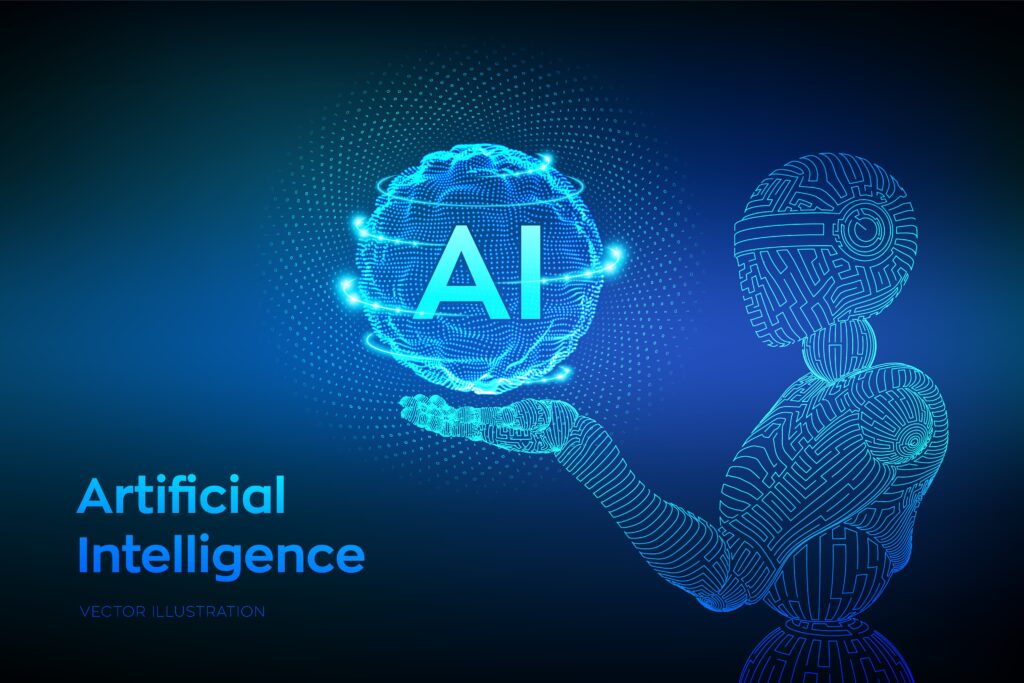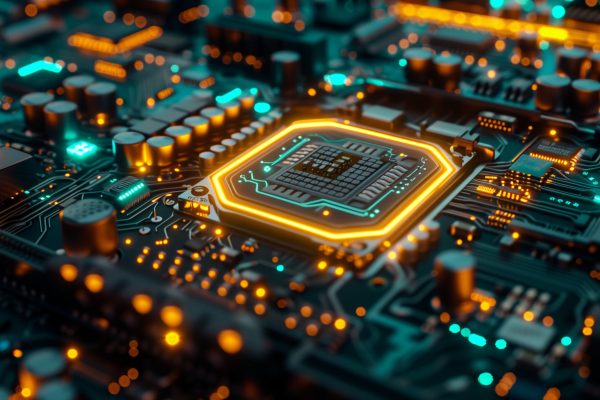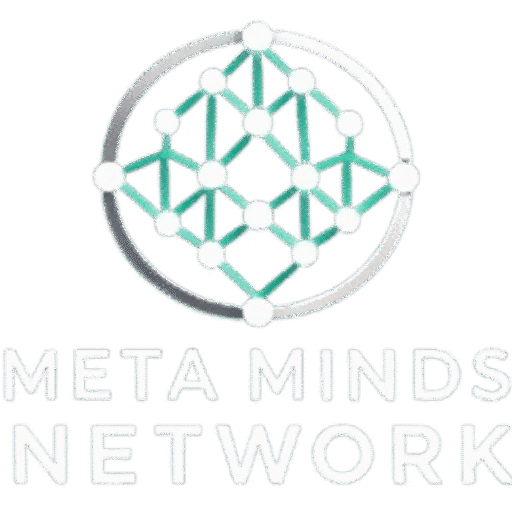Tech Carrier Builder
Unlock a Complete Learning Experience

Foundations of Artificial Intelligence
Explore the core concepts of Artificial Intelligence—from how machines think and understand language to the ethics behind smart systems. This course lays the groundwork for building intelligent, responsible, and autonomous technologies.
Enroll Now
- What You’ll Learn
- What’s Included
- Project-Based Learning
🧠 Intro to AI & ML – Foundations of smart systems
🤖 Intelligent Agents – How machines think
📚 NLP – Teaching machines to understand language
🛰 Robotics – Motion, control, and autonomy
🧭 AI Ethics – Using AI responsibly
✅ 40+ Hours Expert-Led Training
✅ 6 Months Learning Access
✅ Real-Time Assignments
✅ Industry Mentorship
✅ Internship Certificate
✅ Letter of Recommendation
✅ Placement Support (Resume, Aptitude, Mock Interviews)
🛠 Minor Project:
Build your own AI assistant or IOT-based alert system
🚀 Major Group Project:
Collaborate on a Smart Traffic Controller or Autonomous Delivery Bot

Electronics Domains
Master the core areas of electronics with hands-on, practical learning. From embedded systems and IoT to PCB design, robotics, and programming in Embedded C—each domain is designed to build real-world skills for students, hobbyists, and professionals alike.
Enroll Now
- 🔌 Embedded Systems
- 🌐 Internet of Things (IoT)
- 📐 PCB Design
- ⚡ Basic Electronics
- 💻 Digital Design
- 📊 Simulink / MATLAB
- 🤖 Robotics
- 💻 Embedded C
Embedded systems are the backbone of modern electronics, integrating hardware and software to perform dedicated tasks efficiently. Learn how microcontrollers, real-time operating systems, and firmware work together to power everything from home appliances to industrial machines.
Key Topics:
Microcontroller architecture (8051, AVR, ARM, etc.)
Real-Time Operating Systems (RTOS)
Peripheral interfacing
Embedded software development
Debugging and simulation tools
IoT connects devices to the internet, enabling smart communication and data sharing. This domain focuses on building connected ecosystems using sensors, actuators, cloud platforms, and wireless technologies.
Key Topics:
Sensors & actuators
MQTT, HTTP protocols
ESP32, Raspberry Pi development
Cloud integration (Thingspeak, AWS IoT)
Data analytics and dashboards
Printed Circuit Board (PCB) design is essential for converting electronic circuits into real-world applications. Learn to design, simulate, and fabricate reliable PCBs using industry-standard tools.
Key Topics:
Schematic design and simulation
Layout techniques (single/double/multi-layer)
Design tools: KiCAD, Eagle, Altium
Gerber file generation
PCB manufacturing & testing
Fundamentals are key. This domain introduces the essential concepts of electricity, components, and circuits—perfect for beginners or those wanting to strengthen their core knowledge.
Key Topics:
Ohm’s Law, Kirchhoff’s Laws
Resistors, capacitors, diodes, transistors
Analog vs digital signals
Breadboarding and circuit building
Multimeter usage and troubleshooting
Digital design underpins modern computing and control systems. This domain covers logic gates, combinational/sequential circuits, and hardware description languages.
Key Topics:
Logic gates & Boolean algebra
Flip-flops, counters, and registers
Multiplexers, decoders, encoders
Finite State Machines (FSM)
Introduction to VHDL & Verilog
MATLAB and Simulink are powerful tools for modeling, simulation, and algorithm development. This domain equips learners to analyze systems and automate tasks in engineering workflows.
Key Topics:
Signal processing and control systems
Simulink modeling & simulation
Data visualization and analysis
Simscape and block diagrams
Real-time hardware interfacing
Robotics blends electronics, mechanics, and programming. Dive into autonomous systems and robotic control—ideal for innovators and builders.
Key Topics:
Sensors & actuators in robotics
Motor control (DC, Servo, Stepper)
Path planning & obstacle avoidance
Arduino/Raspberry Pi programming
Robot simulation platforms (Gazebo, V-REP)
Embedded C is the go-to language for programming microcontrollers. Learn how to write optimized and reliable code for hardware control.
Key Topics:
Data types, loops, functions in Embedded C
Bitwise operations and memory management
I/O port programming
Interrupts and timers
Interfacing sensors & peripherals

Computer Science Domains
Explore the dynamic world of computer science with domains that shape today’s digital landscape. Whether you're starting out or leveling up, these paths offer hands-on learning, real-world tools, and future-ready skills across development, AI, security, and cloud.
Enroll Now- 🤖 Generative AI (Gen AI)
- 📈 Machine Learning
- 🔐 Cyber Security
- ☁️ Cloud Computing
- 🐍 Programming Languages
- 📱 App Development
Step into the future of AI with tools that create—from text and images to music and code. Learn how models like GPT and Stable Diffusion power creative and intelligent applications.
Key Topics:
Large Language Models (LLMs)
Text/image generation
Prompt engineering
AI tools & platforms (ChatGPT, DALL·E)
Ethics in AI-generated content
Build intelligent systems that learn from data. This domain covers supervised, unsupervised, and deep learning techniques used in prediction, classification, and automation.
Key Topics:
Regression, classification, clustering
Neural networks & deep learning
Model training & evaluation
Scikit-learn, TensorFlow, PyTorch
Real-world ML projects
Protect systems, networks, and data from cyber threats. Learn the fundamentals of ethical hacking, encryption, and digital defense.
Key Topics:
Network security & firewalls
Ethical hacking & penetration testing
Cryptography basics
Security audits & threat analysis
Cyber laws & best practices
Master cloud platforms and services that power modern applications. Learn how to deploy, scale, and manage services on the cloud.
Key Topics:
Cloud models: IaaS, PaaS, SaaS
AWS, Google Cloud, Azure basics
Virtual machines & containers
Serverless computing
CI/CD & DevOps tools
Build a strong coding foundation with widely used languages. Learn syntax, logic, and how to create software, games, and system tools.
Key Topics:
Syntax and data structures
Object-oriented programming
Algorithms and problem-solving
File handling, APIs
Competitive programming
Design and build mobile or desktop applications that users love. From front-end design to back-end integration—create complete, functional apps.
Key Topics:
Android (Java/Kotlin), iOS (Swift) basics
Cross-platform frameworks (Flutter, React Native)
UI/UX design principles
Backend integration (Firebase, REST APIs)
Deployment & versioning
